The Rise of Hyperloop: 10 Destinations Closer Than You Think
The concept of the Hyperloop, once a figment of science fiction, is swiftly becoming a tangible reality, poised to revolutionize the way we perceive travel. This ultra-fast, tube-based transportation system promises to shrink the world, bringing distant destinations within arm's reach. As the Hyperloop technology advances, it is not only transforming transportation but also redefining the geography of travel itself. Imagine a world where a journey that once took hours or even days is now reduced to mere minutes. This article explores the top 10 destinations that are now surprisingly accessible thanks to the Hyperloop, offering a glimpse into the future of travel and connectivity. Each destination represents a unique blend of cultural richness, economic opportunity, and futuristic promise, now just around the corner. As we embark on this journey, let's delve into how these destinations are poised to benefit from this groundbreaking technology.
1. The Birth of Hyperloop: A Brief History
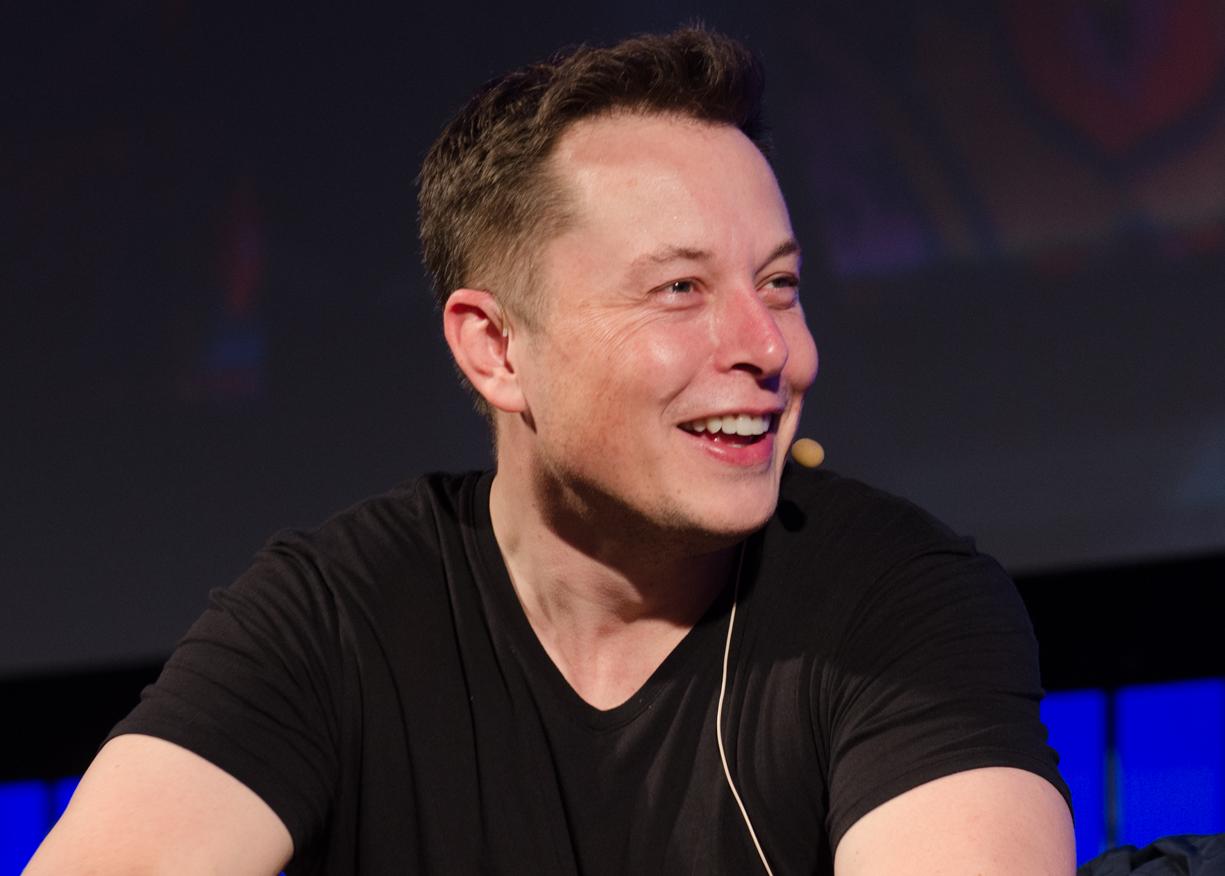
The idea of the Hyperloop was first popularized by Elon Musk in 2013, who envisioned a fifth mode of transport that would be faster than a plane, cheaper than a train, and more sustainable than both. Initially met with skepticism, the concept soon gained traction as engineers and innovators across the globe began to explore its feasibility. The basic premise involves passenger pods traveling through low-pressure tubes at speeds exceeding 700 miles per hour, drastically reducing travel time between major cities. Over the past decade, numerous companies and governments have invested in Hyperloop projects, conducting successful tests and developing infrastructure to make this vision a reality. The evolution of Hyperloop technology is a testament to human ingenuity and the relentless pursuit of progress, setting the stage for a new era in transportation. As we explore the destinations now within reach, it's crucial to understand the technological marvel that is making it possible.
2. Los Angeles to San Francisco: The Californian Dream
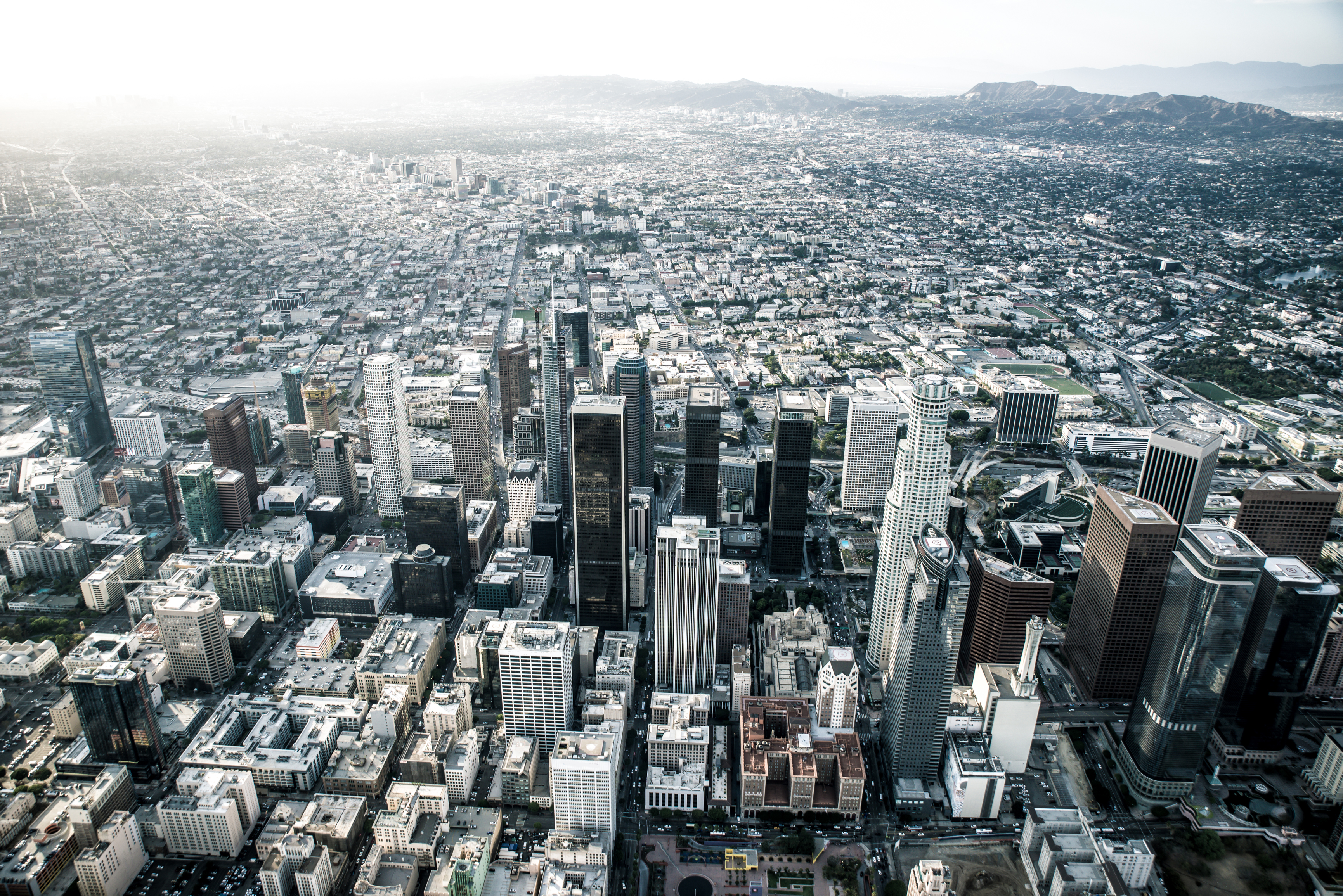
One of the most anticipated Hyperloop routes is between Los Angeles and San Francisco, two of California's most iconic cities. Traditionally, the journey between these cities could take up to six hours by car or an hour by plane, not including the hassle of airport security and traffic. With the Hyperloop, this journey is expected to take just 35 minutes, transforming the way people commute and do business. The implications for California are profound, as it could ease congestion, reduce pollution, and foster economic growth by connecting two major economic hubs. This route would not only benefit daily commuters but also boost tourism, allowing travelers to experience the diverse cultural and culinary offerings of both cities in a single day. The Hyperloop promises to enhance the quality of life for millions of Californians, making the dream of seamless travel a tangible reality.
3. Dubai to Abu Dhabi: A Leap into the Future
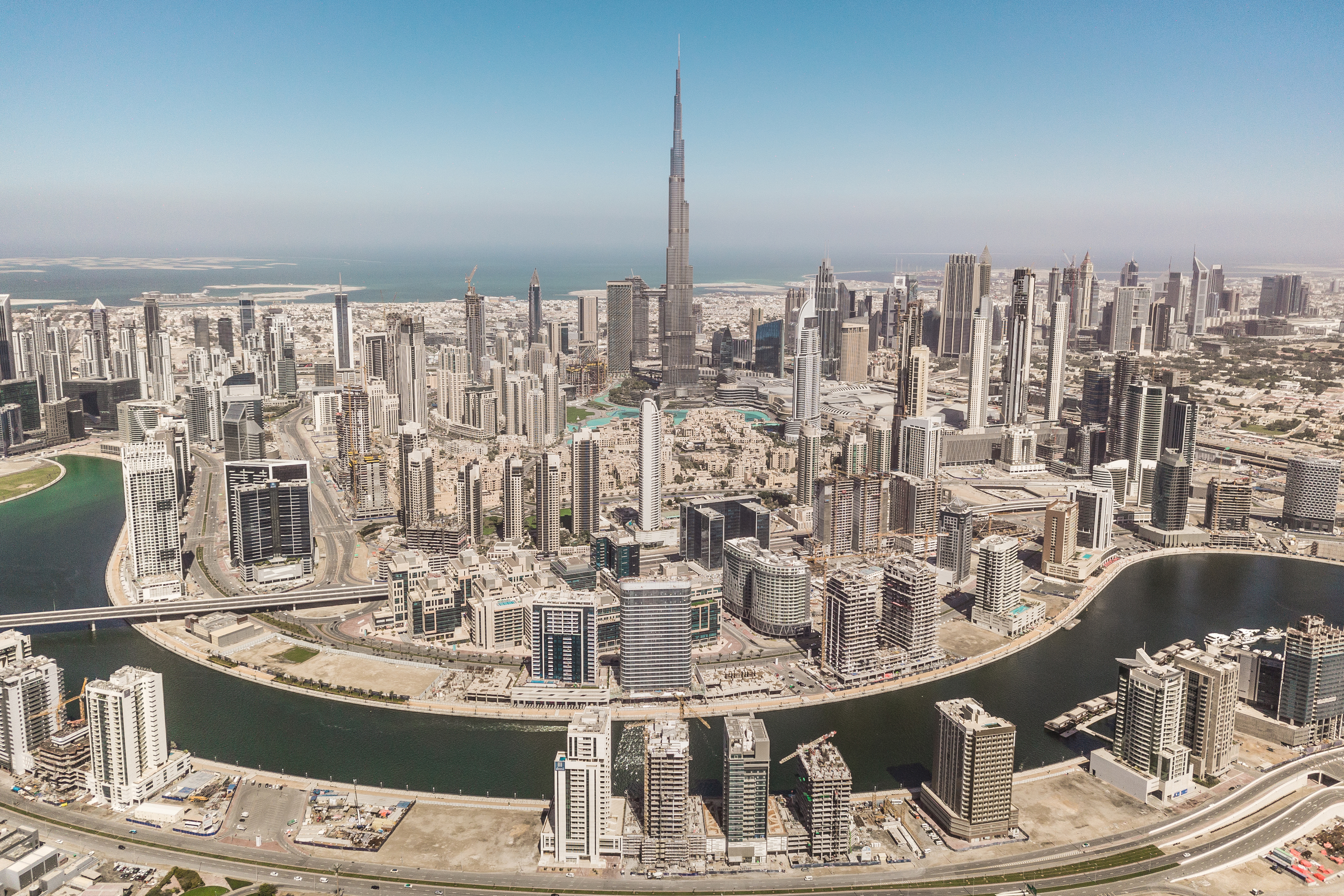
The United Arab Emirates is at the forefront of adopting Hyperloop technology, with a planned route between Dubai and Abu Dhabi. This journey, which currently takes about 90 minutes by car, could be reduced to a mere 12 minutes with the Hyperloop. The UAE is known for its futuristic vision and rapid development, and the Hyperloop fits perfectly into its strategy to become a global leader in innovation and technology. This route is expected to bolster economic ties between the two cities, facilitating the movement of people and goods with unparalleled efficiency. Moreover, it aligns with the UAE's sustainability goals by offering a greener alternative to traditional transportation. The Dubai to Abu Dhabi Hyperloop is more than just a transportation project; it is a symbol of the UAE's commitment to shaping the future and setting a precedent for other countries to follow.
4. London to Edinburgh: Bridging the UK
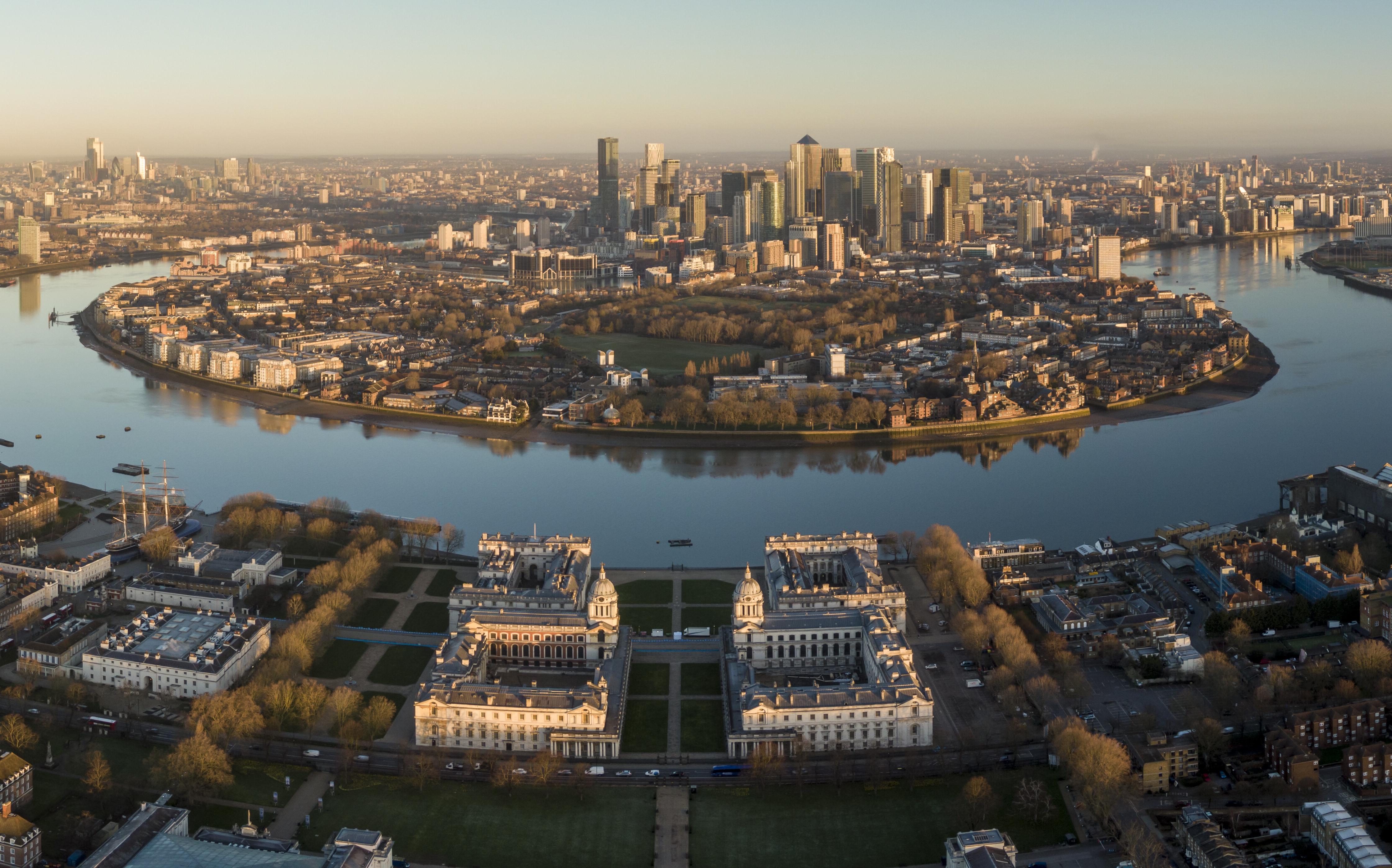
In the United Kingdom, the prospect of a Hyperloop route from London to Edinburgh is generating excitement and anticipation. This journey, which currently takes about four hours by train, could be completed in just 50 minutes with the Hyperloop, revolutionizing travel across the UK. The potential benefits are immense, from reducing travel time and costs to decreasing carbon emissions and easing congestion on existing transportation networks. This route could also stimulate economic growth by making it easier for businesses to connect and collaborate across the country. For travelers, it means more time to explore the rich history and vibrant culture of both cities, from the bustling streets of London to the historic charm of Edinburgh. The London to Edinburgh Hyperloop represents a significant step towards a more connected and sustainable future for the UK.
5. Mumbai to Pune: A New Era for India
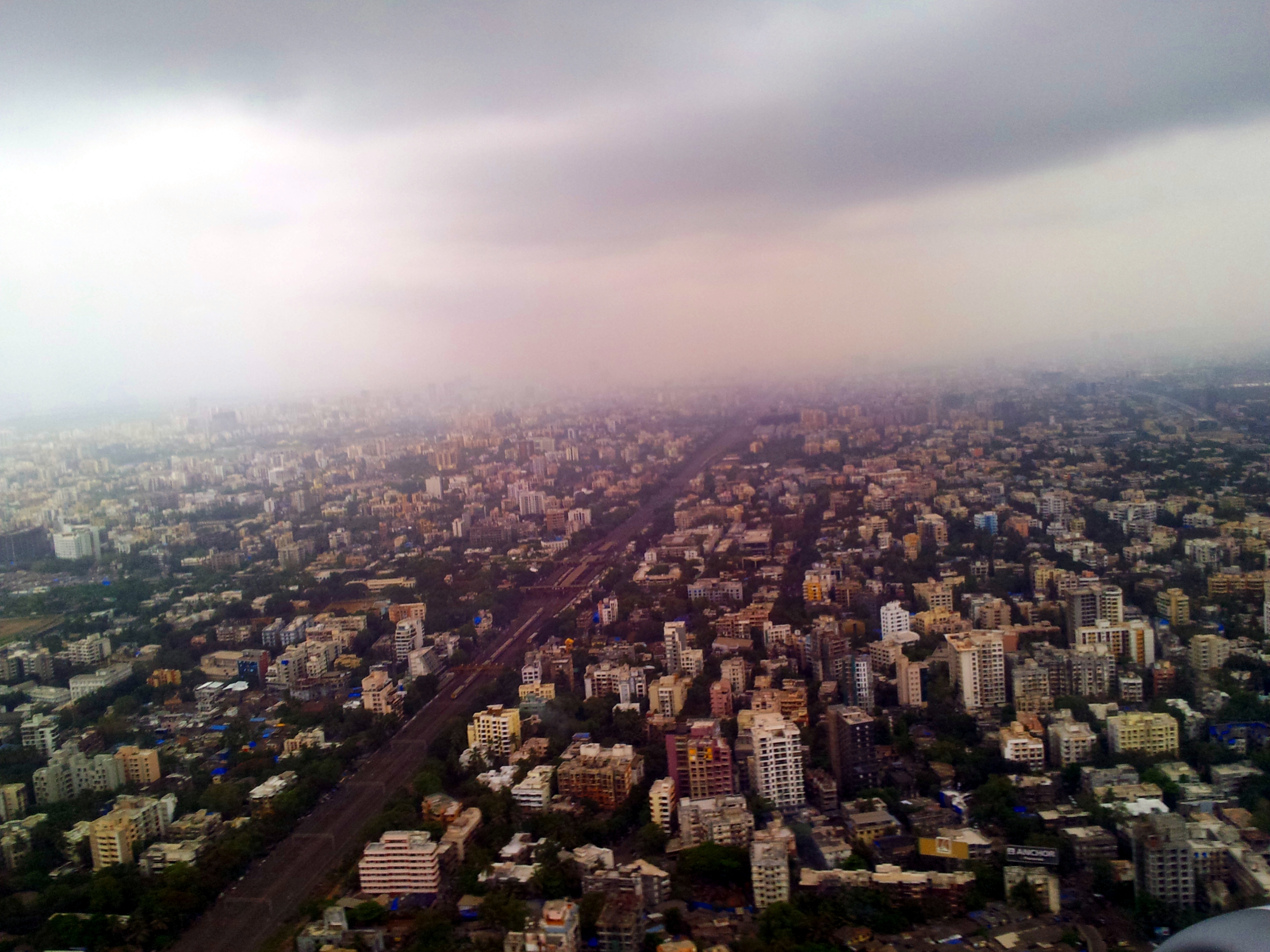
India is poised to embrace the Hyperloop with a proposed route between Mumbai and Pune, two major cities in the state of Maharashtra. This journey, which currently takes about three hours by car, could be reduced to just 25 minutes, offering a faster, safer, and more efficient alternative to existing modes of transport. The Hyperloop could play a crucial role in addressing India's transportation challenges, such as traffic congestion, pollution, and infrastructure strain. It also presents an opportunity for economic development by facilitating the movement of people and goods between these two economic powerhouses. The Mumbai to Pune Hyperloop is not just a transportation project; it is a catalyst for change, promising to transform the way people live and work in India. By connecting these cities, the Hyperloop could unlock new opportunities for growth and innovation, paving the way for a brighter future.
6. New York to Washington D.C.: The East Coast Express
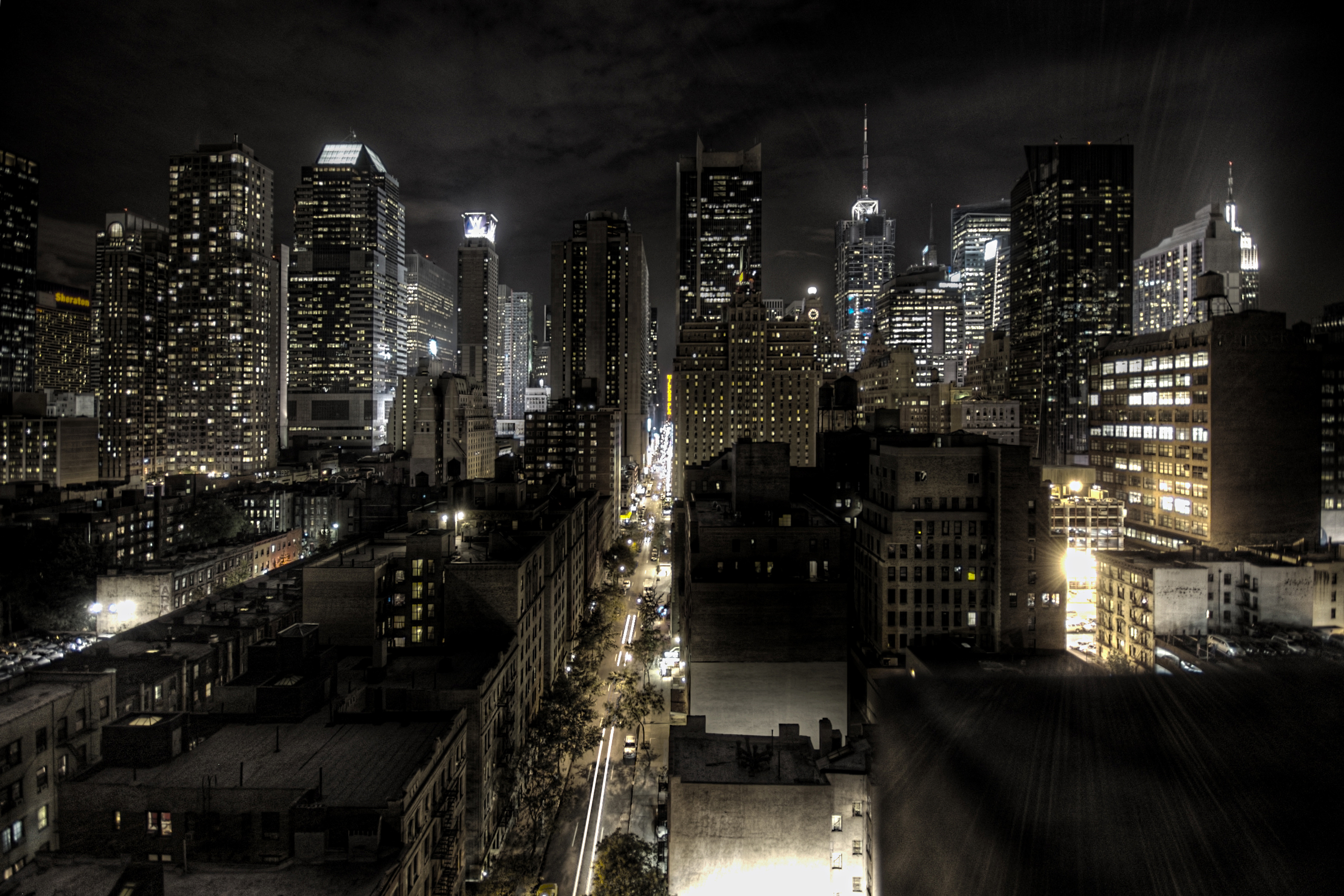
On the East Coast of the United States, a Hyperloop route from New York to Washington D.C. is being explored, with the potential to transform travel along one of the busiest corridors in the country. Currently, this journey takes about three hours by train or car, but with the Hyperloop, it could be completed in just 30 minutes. This route could alleviate congestion on highways and railways, reduce travel costs, and decrease carbon emissions, offering a more sustainable and efficient alternative to traditional modes of transport. For commuters, it means less time spent traveling and more time to focus on work and leisure. For businesses, it offers new opportunities for collaboration and growth by connecting two major economic centers. The New York to Washington D.C. Hyperloop is a game-changer for the East Coast, promising to enhance connectivity and improve the quality of life for millions of people.
7. Paris to Berlin: A Continental Connection
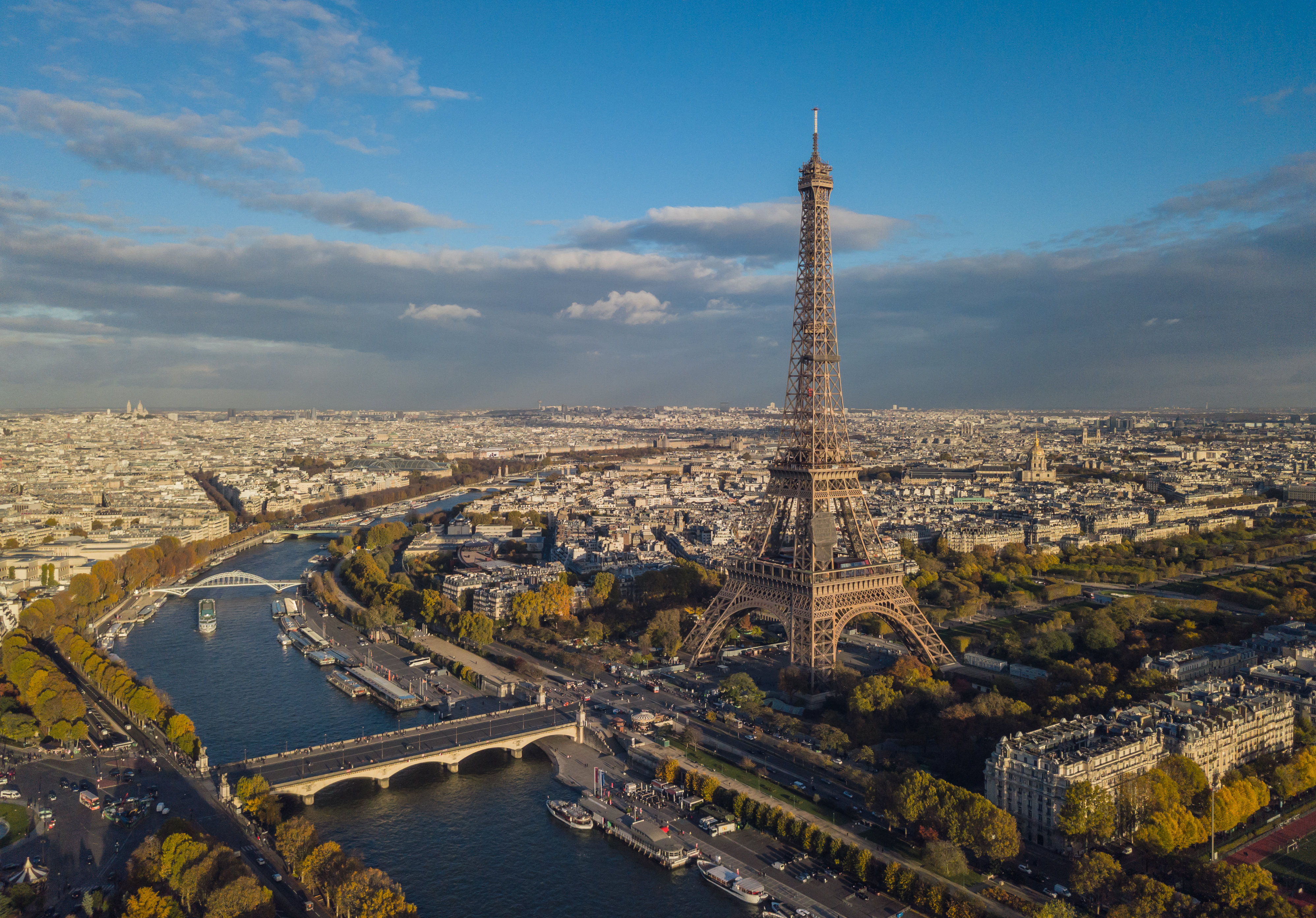
In Europe, the prospect of a Hyperloop route from Paris to Berlin is capturing the imagination of travelers and policymakers alike. This journey, which currently takes about eight hours by train, could be reduced to just one hour with the Hyperloop, making it easier than ever to explore the cultural and historical treasures of both cities. This route could also strengthen economic ties between France and Germany, facilitating trade and cooperation across the continent. The Paris to Berlin Hyperloop represents a significant step towards a more integrated and connected Europe, offering a faster, greener, and more efficient alternative to existing modes of transport. For travelers, it means more time to enjoy the sights and sounds of two of Europe's most iconic cities, from the art and fashion of Paris to the history and innovation of Berlin. The Hyperloop is not just a transportation project; it is a bridge to a more connected and prosperous future for Europe.
8. Tokyo to Osaka: Japan's High-Speed Revolution
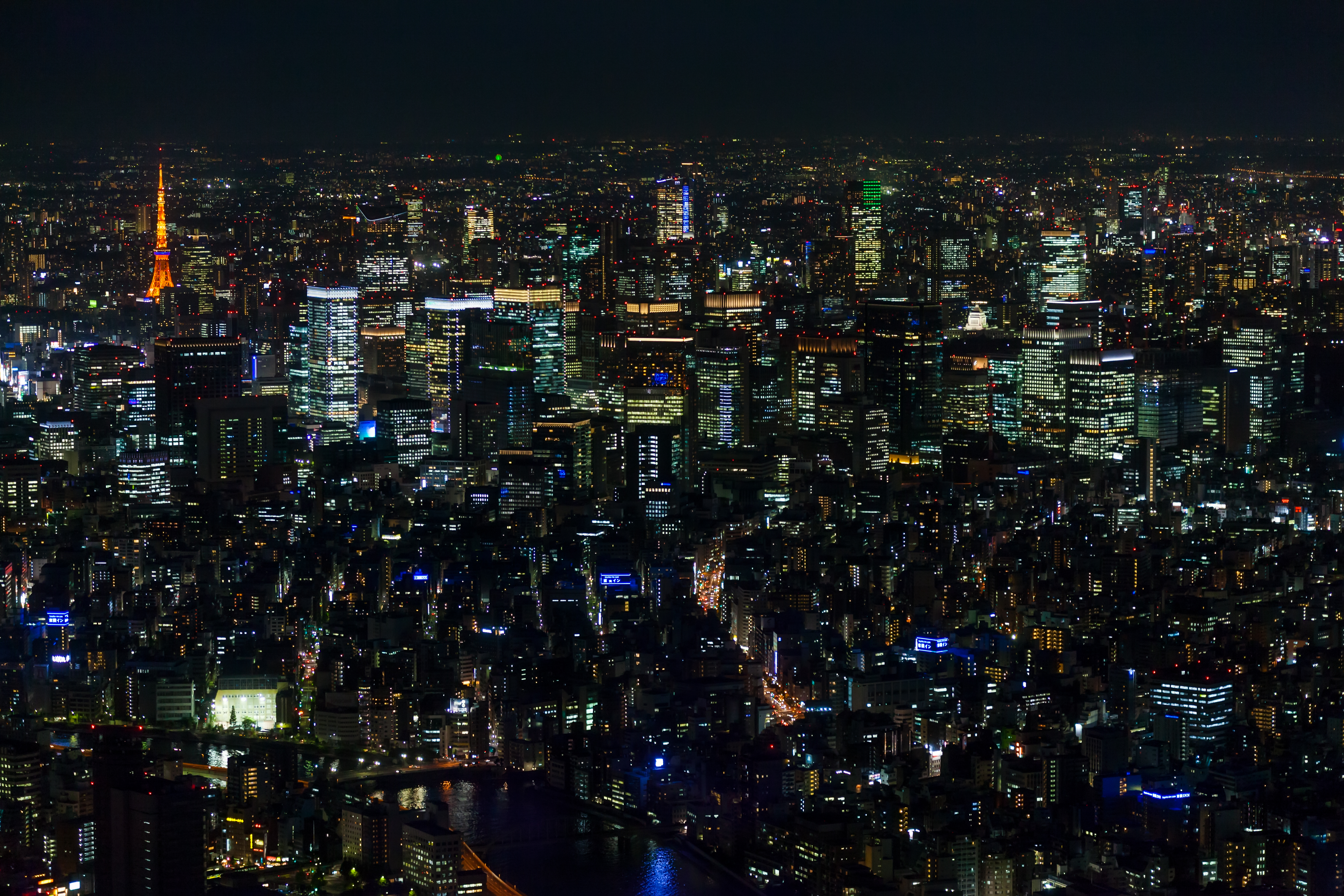
Japan, known for its technological prowess and innovation, is exploring the potential of a Hyperloop route from Tokyo to Osaka. This journey, which currently takes about three hours by bullet train, could be reduced to just 30 minutes, offering a faster and more efficient alternative to one of the busiest travel routes in the country. The Hyperloop could play a crucial role in addressing Japan's transportation challenges, such as congestion, pollution, and infrastructure strain. It also presents an opportunity for economic growth by connecting two major economic powerhouses and facilitating the movement of people and goods. The Tokyo to Osaka Hyperloop is not just a transportation project; it is a symbol of Japan's commitment to innovation and progress, promising to transform the way people live and work in the country. By connecting these cities, the Hyperloop could unlock new opportunities for growth and development, paving the way for a brighter future for Japan.
9. Sydney to Melbourne: The Australian Odyssey
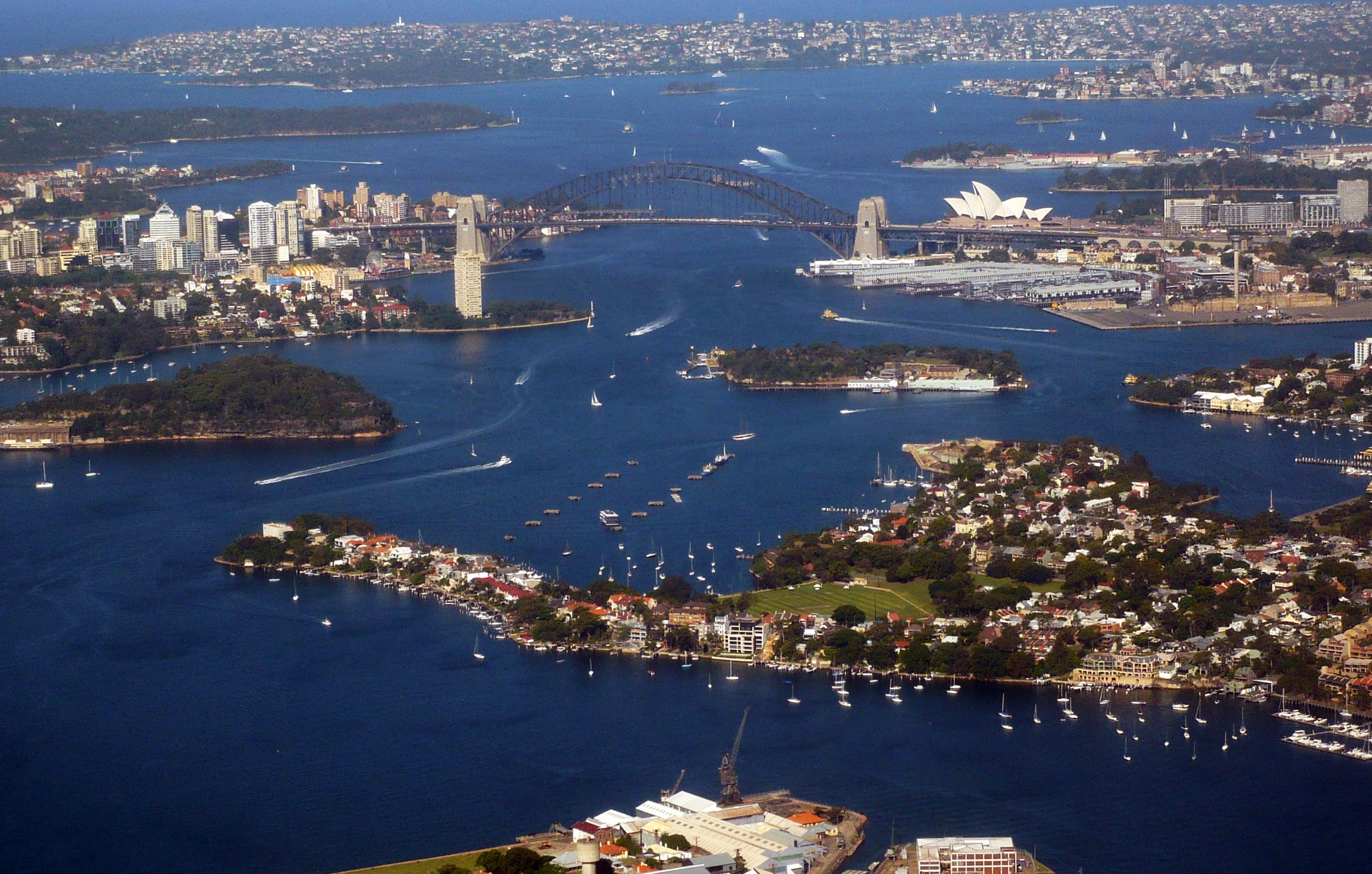
In Australia, the prospect of a Hyperloop route from Sydney to Melbourne is generating excitement and anticipation. This journey, which currently takes about 10 hours by car or an hour by plane, could be completed in just 55 minutes with the Hyperloop, offering a faster, greener, and more efficient alternative to existing modes of transport. This route could also stimulate economic growth by making it easier for businesses to connect and collaborate across the country. For travelers, it means more time to explore the natural beauty and cultural attractions of both cities, from the iconic Sydney Opera House to the vibrant arts scene of Melbourne. The Sydney to Melbourne Hyperloop represents a significant step towards a more connected and sustainable future for Australia, offering a glimpse into the future of travel and connectivity. By connecting these cities, the Hyperloop could unlock new opportunities for growth and innovation, paving the way for a brighter future for Australia.
10. Toronto to Montreal: Canada's High-Speed Corridor
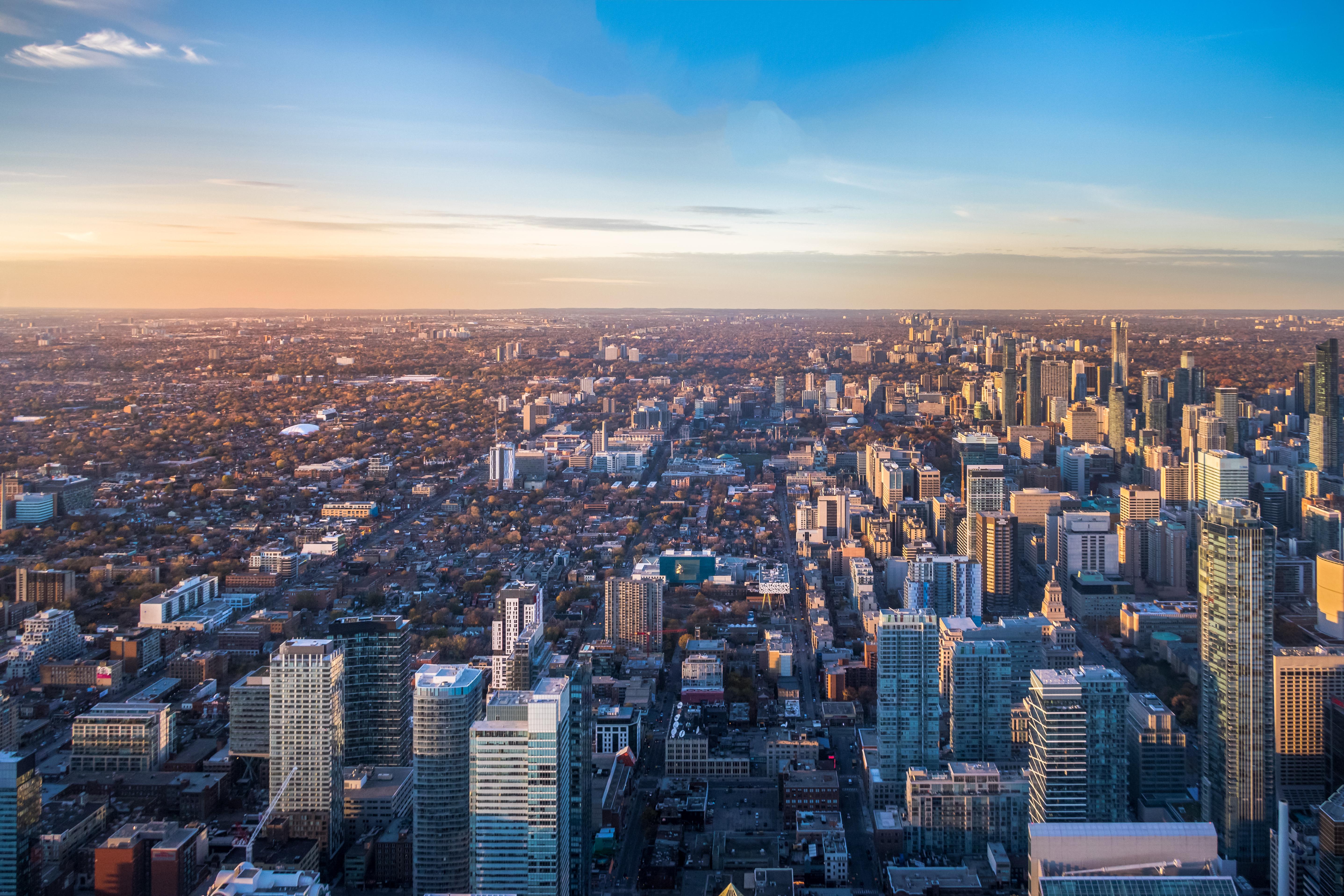
In Canada, a Hyperloop route from Toronto to Montreal is being explored, with the potential to transform travel along one of the busiest corridors in the country. This journey, which currently takes about five hours by train, could be reduced to just 39 minutes with the Hyperloop, offering a faster and more efficient alternative to existing modes of transport. This route could also strengthen economic ties between Ontario and Quebec, facilitating trade and cooperation across the country. The Toronto to Montreal Hyperloop represents a significant step towards a more connected and sustainable future for Canada, offering a faster, greener, and more efficient alternative to traditional modes of transport. For travelers, it means more time to enjoy the cultural and culinary delights of both cities, from the multicultural vibrancy of Toronto to the historic charm of Montreal. The Hyperloop is not simply a transportation project; it is a bridge to a more connected and prosperous future for this nation.
As we stand on the brink of a transportation revolution, the Hyperloop promises to transform the way we live, work, and travel. By making distant destinations more accessible, it offers a glimpse into a future where the world is more connected than ever before. The potential benefits are immense, from reducing travel time and costs to decreasing carbon emissions and fostering economic growth. As we explore the top 10 destinations now within reach, it is clear that the Hyperloop is a catalyst for change, promising to transform the way we experience the world. As we look to the future, the possibilities are endless, offering a brighter and more connected future for all. The Hyperloop is not just a vision; it is a reality that is now just around the corner, ready to reshape the horizons of travel and connectivity.








